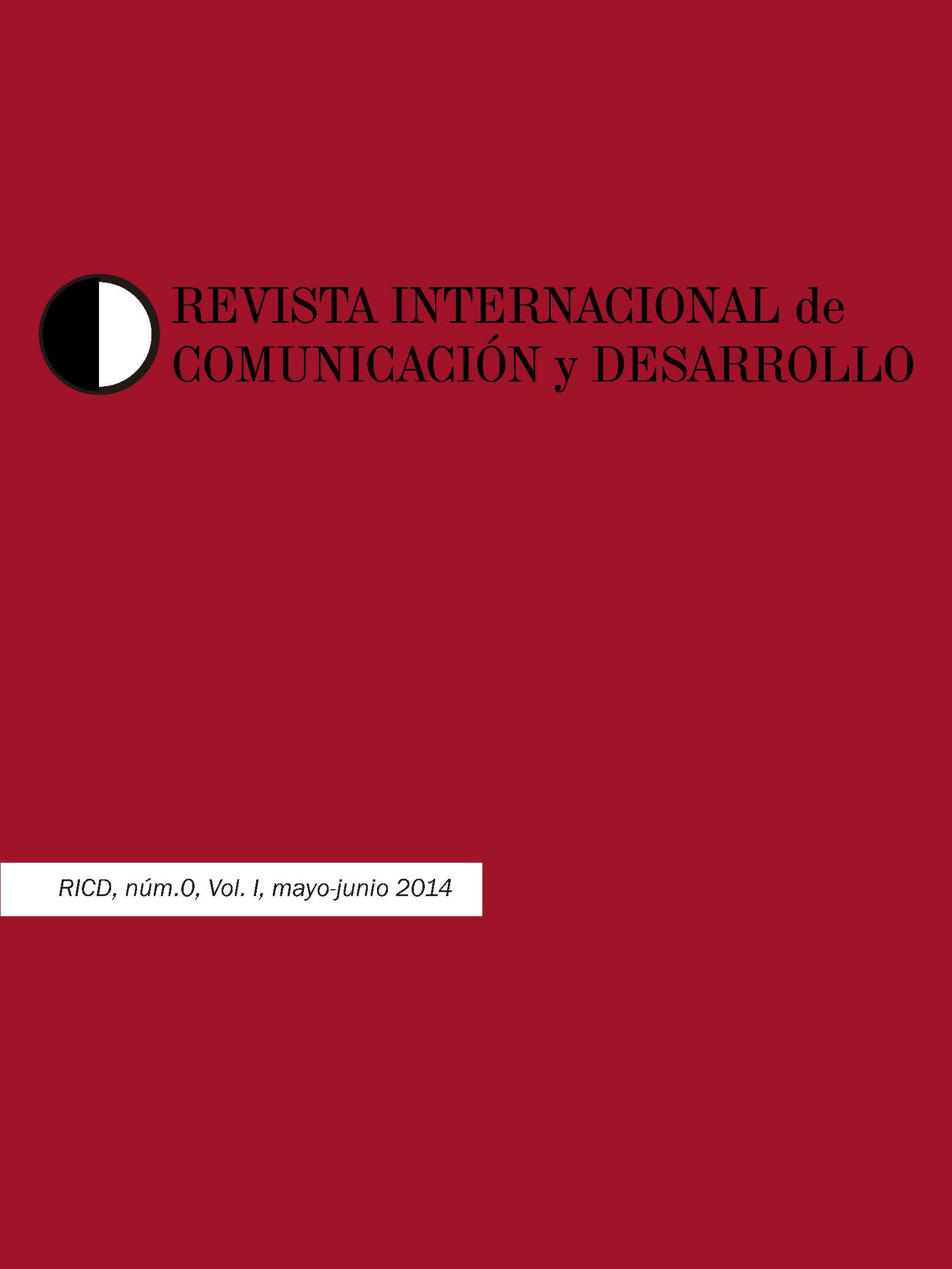Vol 1 No 0 (2014), Essays
Submitted: 12-06-2014
Accepted: 12-06-2014
In order to assess panoramically the transcendence of the mirador Bolívar Echeverría to revival of critical thought in the twenty-first century, this article unfold its argumentation into four complementary coordinates. First, presents the preeminence of Crisis Theory as platform of Critical Theory and, from there, analizes the relevance to decipher the schizoid ambivalence of capitalist modernity to understandthe challenges of the XXI century: the century that just is characterized by the more radical combination of progress and devastation. Second, it shows the deep geo-historical importance of 68 in Germany, in combination with the Latin American anti-imperialism, as vital key for the birth of the theoretical and policy Echeverría`s perspective. Third, exposes a kind of posthumous dialogue between the Dialectic ofEnlightenment of Horkheimer and Adorno and innovative critique of capitalist modernity founded by Echeverría, showing not only the articulation that unites them but also the overcoming that he made from his critical viewpoint of that memorable work. Finally, this paper analizes the scopes that can be opened from the innovative conceptualization of Echeverría about the baroque to re-read the global history of Latin America.
Bolívar Echeverría, Dialéctica de la Ilustración, Horkheimer, Adorno, barroquismo, ethos, modernidad, occidentalidad, capitalismo


